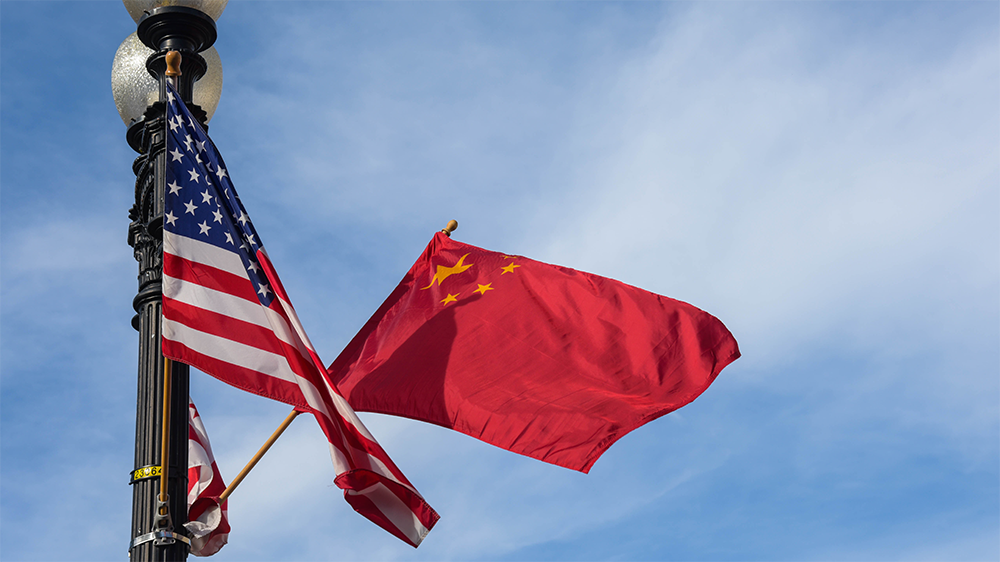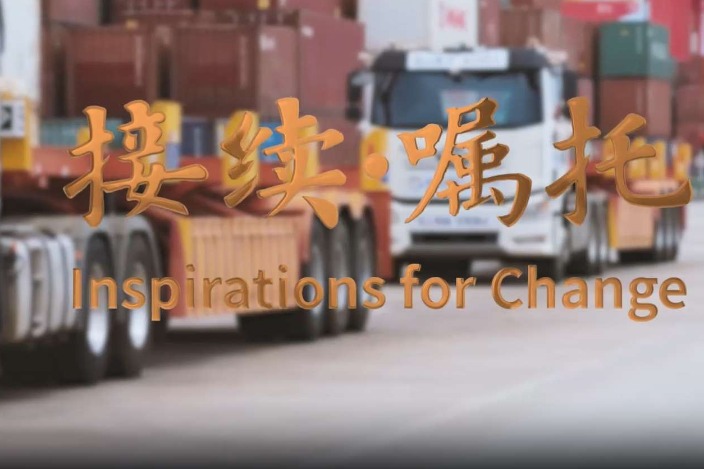US can't deny China its developing nation status


China has made great contributions to the global fight against climate change, and vowed to peak its carbon dioxide emissions before 2030 and realize carbon neutrality before 2060.
Yet developed economies asked China at the recently concluded United Nations Climate Change Conference in Dubai, the United Arab Emirates, to make even more ambitious commitments, including reducing coal-fired power generation and contributing to the global "Loss and Damage Fund" created at last year's climate change conference in Sharm el-Sheikh, Egypt.
The developed world should know that China is not a developed country. Instead, it is a major developing country which fulfills its due responsibilities of addressing the challenges brought about by climate change. But the US Congress has been using every means possible to contain China's development by, among other things, labeling it as a "developed country".
Thanks to the United States' self-proclaimed role as a global leader, members of the House of Representatives voted 415 to 0 to pass the "PRC Is Not a Developing Country Act" on March 27 to strip China of its developing nation status. The Senate Foreign Relations Committee approved the "Ending China's Developing Nation Status Act" without dissent on June 8 for the same purpose.
The second act requires the US secretary of state to make efforts to change China's status from a developing to a developed nation in international organizations and treaties where a mechanism for change exists. The US senators who supported the bill claimed that China enjoys privileges and special treatment in many international organizations because of its developing nation status.
Although the Republican and Democratic party members in the Congress are highly polarized and disagree on most domestic and global issues, taking a tough stance against China is one of the few issues on which they readily agree, as the cross-party proposal of dozens of China-related bills in less than half a year shows.
The US started using China's developing status as an excuse to contain China since the former Donald Trump administration. Saying that China was harming US interests in competitions by claiming the developing nation status, the former US president demanded the reform of the World Trade Organization. Accordingly, Trump signed the "Memorandum on Reforming Developing-Country Status in the World Trade Organization" in July 2019 to target China, claiming that "the WTO continues to rest on an outdated dichotomy between developed and developing countries, allowing some WTO members to gain unfair advantages in the international trade arena".
Incumbent US President Joe Biden has been following Trump's policy, with the US Senate voting to approve an international climate treaty, suggesting that China no longer be classified as a developing country.
It is important to make it clear that China, lawfully recognized as a developing country, cannot be deprived of its developing nation status just because a few politicians on Capitol Hill want it to.
The World Bank divides economies into four income groups — low, lower-middle, upper-middle and high income — based on per capita gross national income (GNI). High-income countries, with per capita GNI above $13,205, are usually designated as developed countries. In 2021, China's rankings, in terms of per capita GNI($11,880) and Human Development Index (0.768), were 68th and 79th respectively which were similar to other developing countries. Moreover, China's per capita GDP in 2022 was one-fifth that of the advanced economies and one-sixth that of the US.
The International Monetary Fund, on its part, classifies 196 economies into two major groups, advanced economies, and emerging market and developing economies, with China belonging to the latter group. The classification is based on countries' aggregate GDP, exports of goods and services and population rather than strict economic or other criteria, which have evolved over time.
As an important member of the developing countries' family, China is committed to safeguarding the common interests of developing nations. And as the largest developing country, China endeavors to strengthen solidarity and cooperation with other developing countries, safeguard the common interests of the developing world, and promote the construction of a community with a shared future for mankind.
Also, China has forged mutually beneficial relationships with many countries and international organizations, but it has never used its developing country status to compete with other developing countries for resources.
Furthermore, China's contributions to global economic growth and the United Nations' regular and peacekeeping force budgets outweigh that of most developed countries, and its commitment to further open up its economy and offer concessions to institutions are moves that have won widespread praise from other developing countries.
Yet the US has repeatedly said that China is a developed country, in order to deprive China of its developing country status and check its rise. Its aim is to coerce China to shoulder global responsibilities beyond its capability, increase China's development cost, and divide and weaken developing countries.
However, the US can neither deny the fact that China is still a developing country nor stop China from realizing its national rejuvenation.
The author is an assistant researcher at the Institute of American Studies, Chinese Academy of Social Sciences.
The views don't necessarily reflect those of China Daily.
































